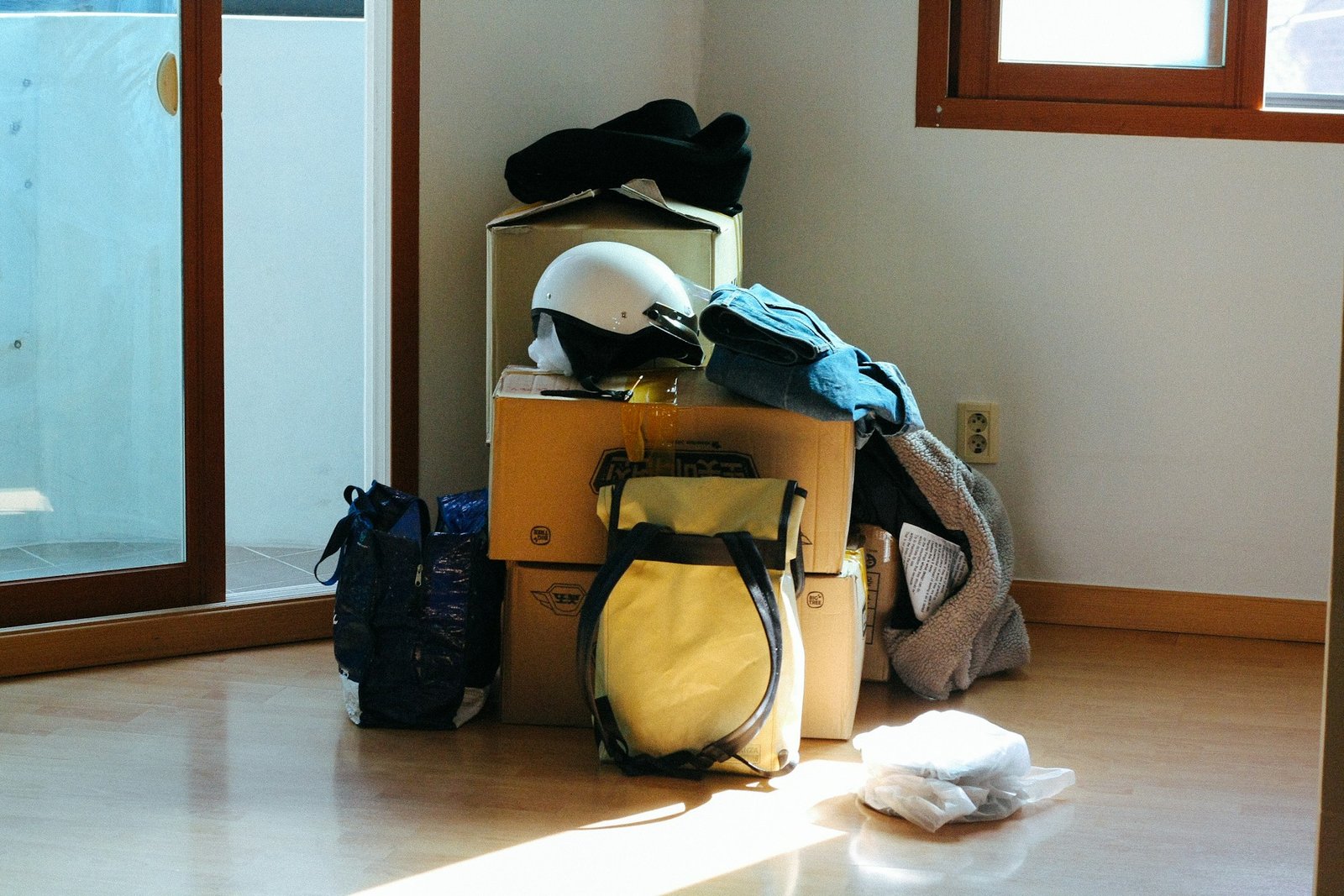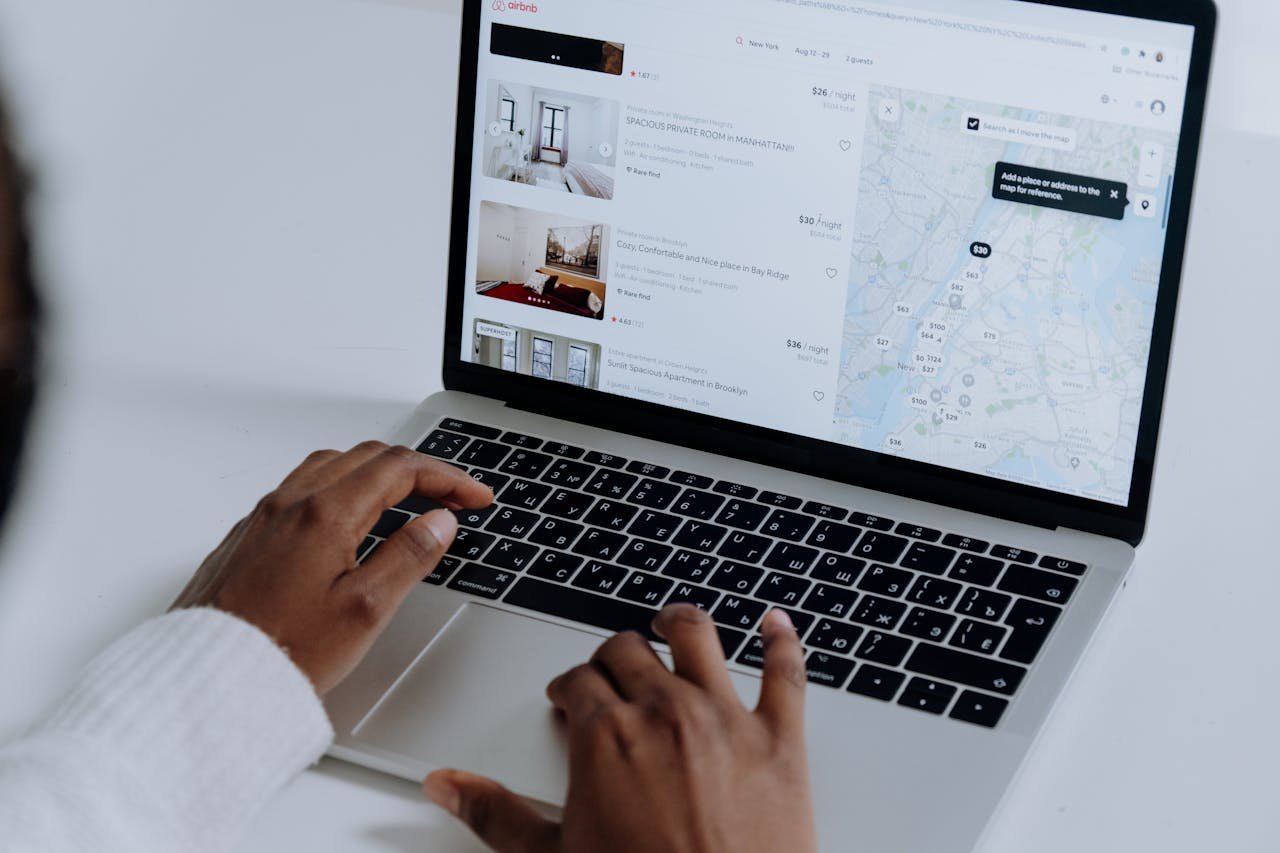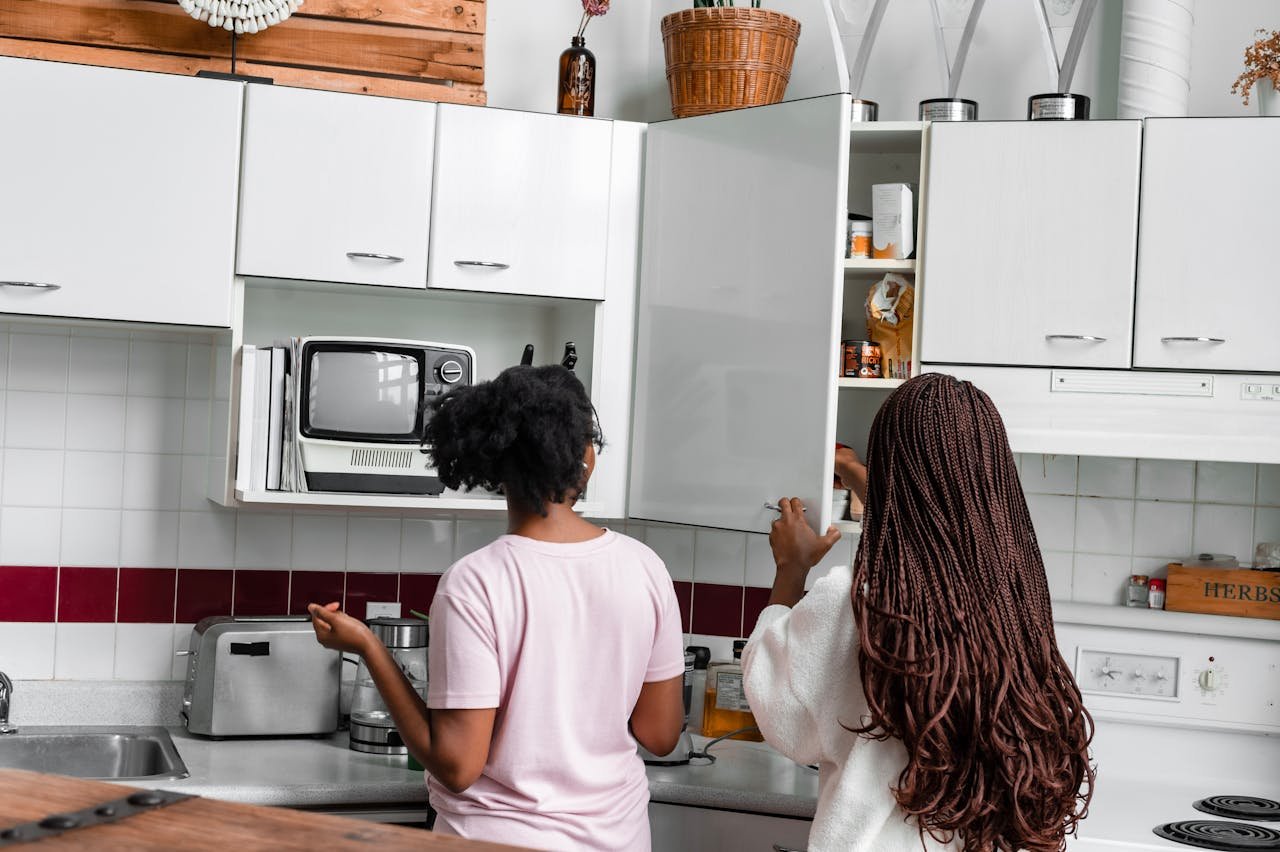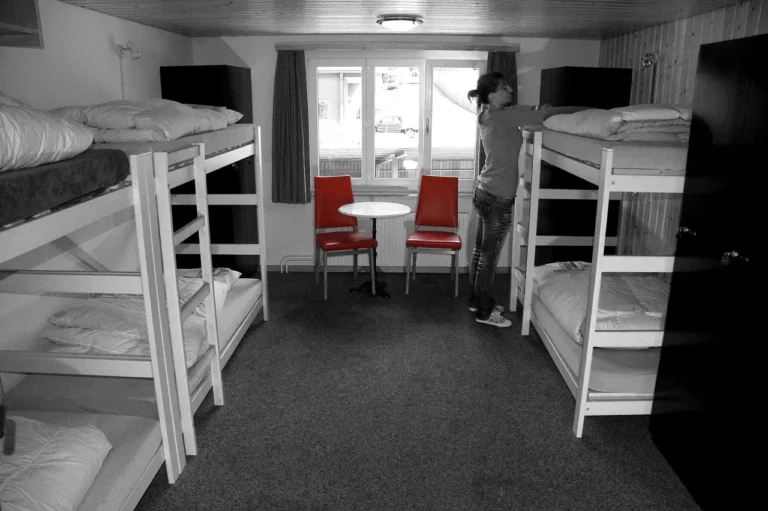Hosteling is often sold as a rite of passage for the adventurous—cheap beds, international friends, and, well, stories to die for. But let’s be honest, it’s not always the Instagram-filtered dream. Sometimes a hostel can feel like a trial by fire where your patience, sleep quality, and peace of mind are tested beyond reasonable limits. Noise, sketchy roommates, questionable cleanliness—these aren’t just rumors; they’re the unspoken hazards lurking behind the budget-friendly facade.
Now, before you think I’m just here to rain on your backpacking parade, the good news is: it doesn’t have to be like that. Hostels can actually be great if you know what you’re doing—a little finesse, a bit of insider know-how, and suddenly you’re navigating communal living with the ease of a veteran. The hacks, the tricks, the mini hacks that don’t get talked about in travel guides.
So, if you’re gearing up for your next hostel stay and want to dodge those classic pitfalls—those tiny disasters that make you vow to never set foot in a dorm room again—let’s dive into the 10 proven travel hacks that offer a bit of sanity amidst the shared spaces. Trust me, it’s worth it. You’ll sleep better, meet better people, and maybe even keep your stuff intact. Maybe.
The Reality Check: Why Hostels Go Wrong
Before diving into the solutions, let’s be honest about what can go sideways. I’ve seen travelers book the cheapest option without reading reviews, pack like they’re moving houses, and treat shared spaces like their personal kingdom. The result? Misery for everyone involved.

Hack #1: Master the Art of Hostel Research
This isn’t just about reading reviews—though definitely do that. I always check multiple platforms: Hostelworld, Booking.com, and even Google Reviews. But here’s the secret sauce: look at photos uploaded by actual guests, not just the professional ones.
Recent reviews matter more than overall ratings. A place with 8.5 stars from three years ago might have new management (or new bed bugs). Focus on reviews from the last six months, and pay attention to recurring complaints.
Hack #2: Location Isn’t Everything (But It’s Close)
I used to think staying in city centers was always worth the extra cost. Wrong. Sometimes the best hostels are a 15-minute subway ride away, offering better facilities, quieter nights, and friendlier staff. Plus, you’ll discover neighborhoods tourists usually miss.
Use Google Maps to check transport links before booking. If it takes three transfers and a prayer to reach the main attractions, maybe reconsider.
Hack #3: The Strategic Booking Timeline
Here’s where timing gets tricky. Book too early, and you might lock yourself into plans that change. Book too late, and you’re stuck with whatever’s left (spoiler: it’s usually not good).
My sweet spot? 2-3 weeks ahead for popular destinations, 1 week for everywhere else. This gives you decent selection without the commitment anxiety.

Hack #4: Pack Like Your Backpack Has to Live in Public
Your dorm mates will judge you based on your packing skills. Harsh but true. Invest in packing cubes—they’re not just organizational tools, they’re respect-earning devices. Nobody wants to watch you excavate dirty underwear from the bottom of your bag at 6 AM.
Essential packing tips:
- Quick-dry towel (trust me on this)
- Flip-flops for questionable shower floors
- Eye mask and earplugs (non-negotiable)
- Padlock for lockers
- Laundry bag to contain the chaos
Hack #5: The Social Navigation System
Hostels are social experiments in confined spaces. Some people embrace this; others act like they’re in solitary confinement. Neither extreme works well.
The golden rule? Be friendly but not invasive. Offer to share snacks, ask about local recommendations, but also respect people’s space. That person with headphones on at 10 PM? They’re not looking for new friends right now.
Hack #6: Safety Without Paranoia
I’m not trying to scare you, but basic precautions are worth it. Use the lockers (yes, even for seemingly worthless items). Keep copies of important documents in separate locations. And here’s one I learned the hard way: take a photo of your bed and locker setup when you arrive. It’ll save you confusion after a long day of sightseeing.
For solo female travelers especially: research the hostel’s safety reputation beforehand. Mixed dorms are usually fine, but female-only dorms exist for a reason.
Hack #7: The Kitchen Etiquette Masterclass
Hostel kitchens can be war zones or wonderful community spaces—it depends largely on how people behave. Clean up immediately after cooking (not tomorrow, not later, now). Label your food clearly. And perhaps most importantly, don’t cook fish in shared spaces. Just don’t.
Pro tip: Travel with a few basic spices. You’ll be the hero when someone’s pasta needs saving, and good karma in hostel kitchens pays dividends.

Hack #8: The Check-in Strategy
Arriving at your hostel doesn’t have to be awkward. I always message places beforehand to confirm check-in times and ask about luggage storage if I’m arriving early. This simple step has saved me from wandering around cities with full backpacks more times than I can count.
When you arrive, take five minutes to chat with reception. Ask about local transport, nearby grocery stores, and any hostel-specific rules. This intel is often more valuable than guidebook recommendations.
Hack #9: Sleep Optimization in Shared Spaces
Getting good sleep in a dorm room is an art form. Beyond the obvious (earplugs, eye mask), consider your bed selection carefully. Bottom bunks are convenient but can feel claustrophobic and public. Top bunks offer privacy but require midnight gymnastics for bathroom trips.
Corner beds usually have less foot traffic, and beds away from the door avoid the constant opening and closing disruption. Small details, big difference.
Hack #10: The Exit Strategy
Not every hostel will work out, and that’s okay. Know your options before problems escalate. Most booking platforms have cancellation policies—understand them. Keep a backup list of nearby accommodations, and don’t be afraid to cut your losses if a place is genuinely awful.
I once left a hostel after one night because of a cockroach situation that looked like a nature documentary. Best decision ever.
Top Hostel Booking Platforms and Tools
Here are the essential resources for hostel travelers:
Booking Platforms:
- Hostelworld – The gold standard for hostel bookings with extensive reviews
- Booking.com – Great for comparing hostels with hotels and apartments
- Hostelbookers – Often has exclusive deals and last-minute discounts
Safety and Planning Tools:
- Rome2Rio – Perfect for checking transport connections from hostels to city centers
- Citymapper – Essential app for navigating public transport in major cities
- XE Currency – Stay on top of exchange rates and hostel costs
- Eagle Creek Pack-It Cubes – The holy grail of organized packing
- Sea to Summit Travel Towel – Quick-dry towels that actually dry quickly
- MUJI Travel Bottles – Leak-proof containers for toiletries
Communication:
- WhatsApp – Essential for connecting with fellow travelers and hostel staff
- Google Translate – Lifesaver when language barriers emerge
The Real Talk About Budget Travel
Here’s what nobody tells you about hostel travel: it’s not always fun. Sometimes you’ll be tired, homesick, and surrounded by people who seem to have unlimited energy for 4 AM conversations. That’s normal, and it doesn’t mean you’re doing it wrong.
The best hostel experiences often come from the unexpected moments—cooking dinner with strangers who become friends, getting local tips from fellow travelers, or simply having a good laugh about shared misadventures.
Making It Work Long-Term
If you’re planning extended budget travel, think about hostel stays as part of a larger ecosystem. Mix in occasional Airbnb stays for privacy, consider house-sitting opportunities, or look into longer-term hostel discounts. Your mental health will thank you for the variety.
Insert image: diverse group of travelers socializing in hostel common area
Budget travel isn’t about suffering through bad experiences—it’s about being smart enough to avoid them while staying open to adventure. These hacks won’t guarantee perfection, but they’ll stack the odds in your favor.
The truth is, some of my best travel memories happened in hostels. Not because they were luxurious, but because they were real. Authentic. Sometimes chaotic. And with the right preparation, usually pretty great.
Frequently Asked Questions
How far in advance should I book hostels? Answer: Book 2-3 weeks ahead for popular destinations and 1 week for less crowded areas. This gives you good selection without over-committing to rigid plans.
Are mixed-gender dorms safe for solo female travelers? Answer: Generally yes, but research the specific hostel’s safety reputation. Many places offer female-only dorms as an alternative if you prefer more privacy and security.
What should I do if my hostel is terrible? Answer: Don’t suffer through it. Check cancellation policies, have backup accommodations ready, and don’t hesitate to leave if conditions are genuinely unacceptable.
How do I avoid bed bugs in hostels? Answer: Check mattress seams and headboards for dark spots or blood stains upon arrival. Keep luggage in sealed bags and inspect bedding before settling in.
What’s the best way to meet people in hostels? Answer: Spend time in common areas, join hostel-organized activities, cook in shared kitchens, and be open to conversations without being pushy about it.
Should I bring my own towel to hostels? Answer: Absolutely. Invest in a quick-dry travel towel. Many hostels charge for towel rentals, and you never know about cleanliness standards.
How much should I budget for hostel accommodation? Answer: Expect $15-40 per night in most destinations, with major cities like London or Tokyo costing more. Factor in additional costs for towels, lockers, and breakfast.
What’s hostel etiquette for shared dorms? Answer: Keep noise down, especially early morning and late night. Use lockers, clean up after yourself, respect others’ space, and ask before borrowing anything.
Are hostels only for young travelers? Answer: Not at all. While they attract younger crowds, many hostels welcome travelers of all ages. Some even offer private rooms for those wanting hostel atmosphere with more privacy.
What items should I never leave unsecured in hostels? Answer: Passport, money, electronics, medications, and anything you can’t easily replace. Use lockers religiously and consider keeping valuables in a money belt during the day.





